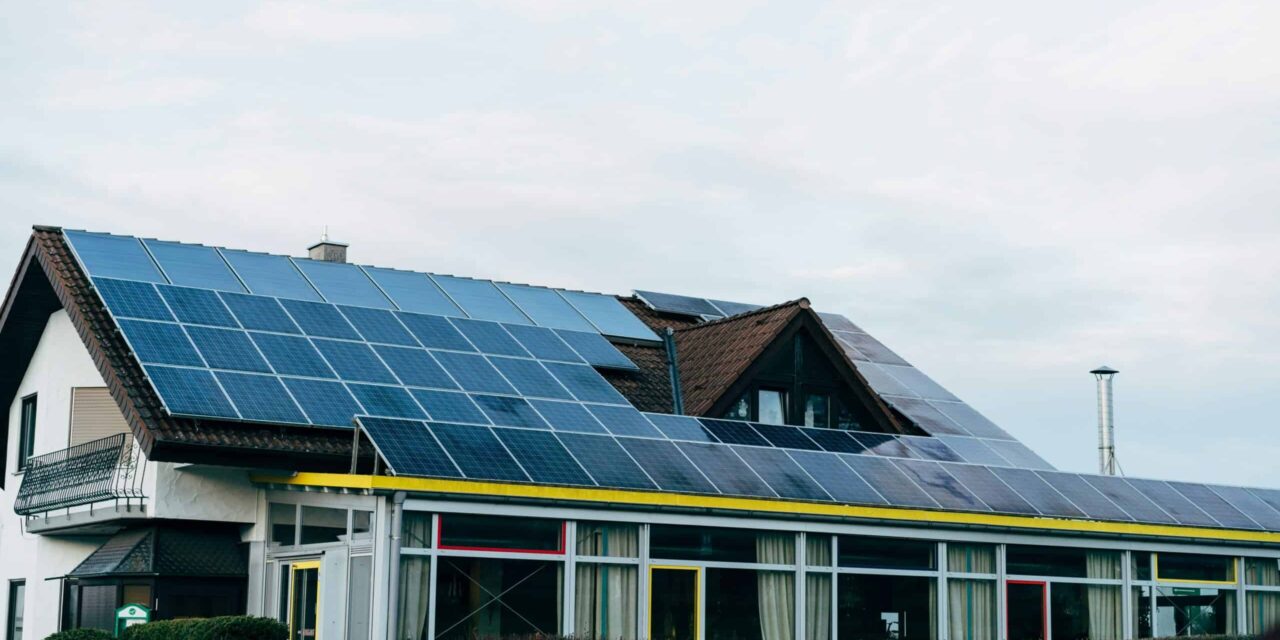Photo by Markus Winkler on Unsplash
By John Houck
Source: retailwire.com, August 2024
People all over the U.S. are rapidly embracing the money-saving and environmental benefits of solar power for their homes. Yet not all customers are happy with the companies that install solar panels.
In the past few years, customer complaints have risen significantly. Solar Reviews, a company that tracks customer satisfaction in the solar power industry, saw one-star ratings for panel installers increase by over 1,000% since 2018.
Meanwhile, companies are coming under fire from prosecutors in various states for high-pressure sales tactics and misrepresenting financing terms. Many customers report various incidents of fraud and even forgery, leading to a bad reputation for the solar industry overall
“There have been a lot of shady business practices in residential solar,” said Solar States’ founder Micah Gold-Markel, per NPR. “And I think it’s hurting the market.”
According to Gold-Markel, the industry’s beginnings were filled with good intentions, such as saving the planet and eliminating fossil fuels. However, big corporations have since moved in, introducing questionable sales practices and dubious loan terms in order to profit.
As it stands, dissatisfied consumers can contact the Federal Trade Commission (FTC), the Consumer Financial Protection Bureau, or a state Attorney General office, which makes complaints against residential solar panel installers hard to compile. Currently, there is no central place for people to submit a dispute.
Complaints with the word “solar” submitted to the FTC and AG offices have increased substantially in the past four years. The Consumer Financial Protection Bureau recently issued a warning to consumers about hidden fees, misleading statements, and complicated financing terms.
In an effort to weed out the more untrustworthy players, the Environmental Protection Agency (EPA) is working on a list of reputable panel installers. Companies on the list will be able to participate in a federal program named Solar for All, which is designed to help low-income households afford installation.
In addition, the Solar Energy Industries Association (SEIA) is creating standards for member companies to follow. These standards will include guidelines for training salespeople as well as requirements for providing correct and accurate information to consumers.
Even coffee retailer Starbucks is getting involved in solar power. The company recently announced a partnership with Nexamp to help bring renewable energy and money-saving opportunities to Illinois residents.

